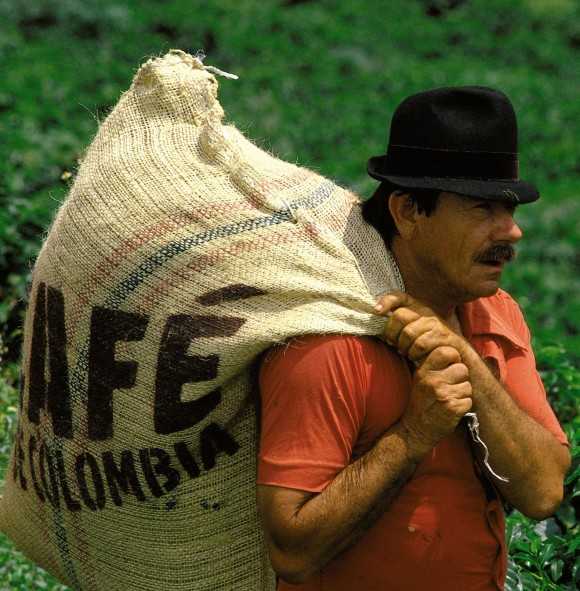BOGOTA, Colombia – The Colombian Coffee Growers Federation (FNC) Smart Coffee ID Card (CCI), launched in 2006, has become a vital tool for financial inclusion and change in the productive dynamics of Colombia´s rural Sector.
This statement was made by Better Than Cash Alliance (BTCA), a United Nations alliance of governments, companies and the development community committed to the global transition from cash to electronic payments.
According to a BTCA study, “Colombia’s Coffee Growers Smart ID Card: Successfully Reaching Rural Communities with Digital Payments,” the FNC’s Smart Coffee ID Card has evolved to become an important and strategic tool for both the FNC, the organization that represents more than 500,000 coffee growers in Colombia, and for the coffee growing families it serves.
Both the CCI study and its evolution were presented today in Bogota in a seminar of Digital payments co-hosted by BTCA and the Colombian Government.
The Smart Coffee ID Card has proven to be a crucial instrument for change within Colombia, resulting in greater productivity, growth and a better quality of life for Colombia’s coffee producing families — serving as a more direct and beneficial way to pay rural farmers for their coffee crops.
“Without the Smart Coffee ID Card, FNC initiatives to combat climate change, such as encouraging growers to plant more productive and coffee leaf rust-resistant tree varieties and implementing ambitious plant renovation programs to improve yields, would have been impossible to develop,” said Julian Medina, FNC´s Chief Financial Officer, during the event.
Today, the Smart Coffee ID not only facilitates easy, fast payments to growers, but it allows growers to develop a bank history so that they can access credit lines and obtain preferential terms.
Also, as part of an ongoing effort towards banking as a tool for change and to extend added benefits to producers, since 2014, the FNC and its partner bank, Banco de Bogotá, have associated the Smart Coffee ID with a savings account.
The account offers a debit card which farmers can use in all available networks nationwide to withdraw cash at ATMs or make purchases through electronic payments.
The Better Than Cash Alliance study is the first to examine the transition from cash to electronic transfers within a large scale, rural business to business context.
Highlighting the many benefits of the FNC´s Smart Coffee ID as an instrument of financial inclusion for Colombian coffee growers, the study points to the CCI as a benchmark and a model for other countries to emulate, and establishes the FNC as a global leader in financial inclusion programs.
“Our study validates the benefits of digital transactions over cash in emerging economies,” said Beth Porter, Policy Advisor for Financial Inclusion, UNCDF and spokesperson for the Better Than Cash Alliance.
“Most significantly, it underscores the importance of forward-thinking institutions such as the FNC, a leader in promoting and facilitating financial inclusion within the agricultural sector.”
While the original intent of the Smart Coffee ID was a safe, logistically simple method of paying farmers for their coffee harvests, the card expanded into an efficient, transparent channel for the distribution of government incentives and credits.
Since its inception, the electronic payments program has made 8 million transactions, totaling nearly US$1 billion. Using the CCI, the FNC has a new capability to transfer payments to farmers on a massive scale and to provide emergency support to growers quickly.
The Better Than Cash Alliance (BTCA) selected the FNC’s CCI initiative as a successful case study, demonstrating an innovative, replicable and pioneering development in rural banking.
BTCA recognizes the efforts of the Colombian Coffee Growers Federation as setting a model for other trade associations or organizations, governments and development partners who advise, design or implement payment programs in rural areas.


















